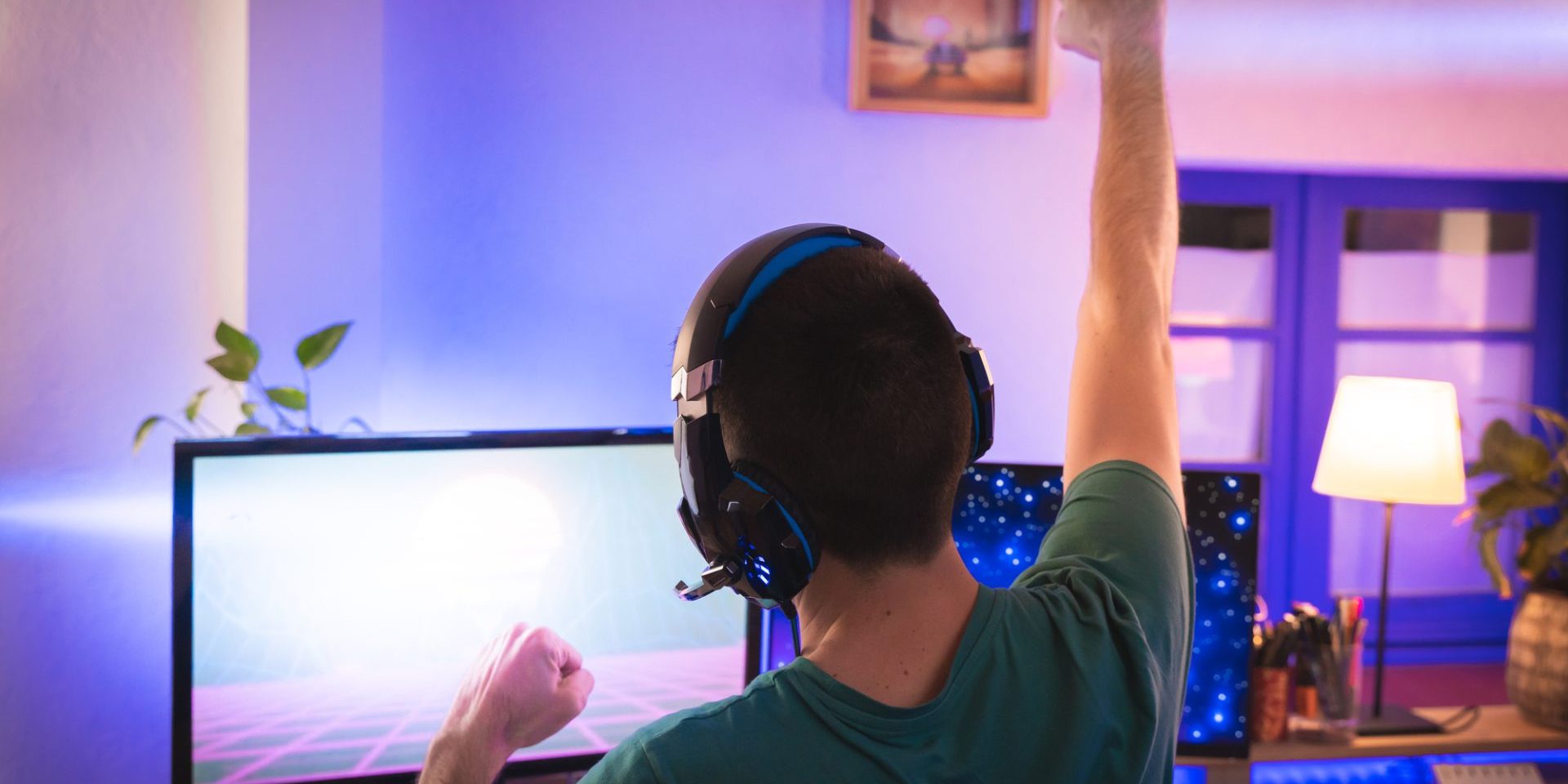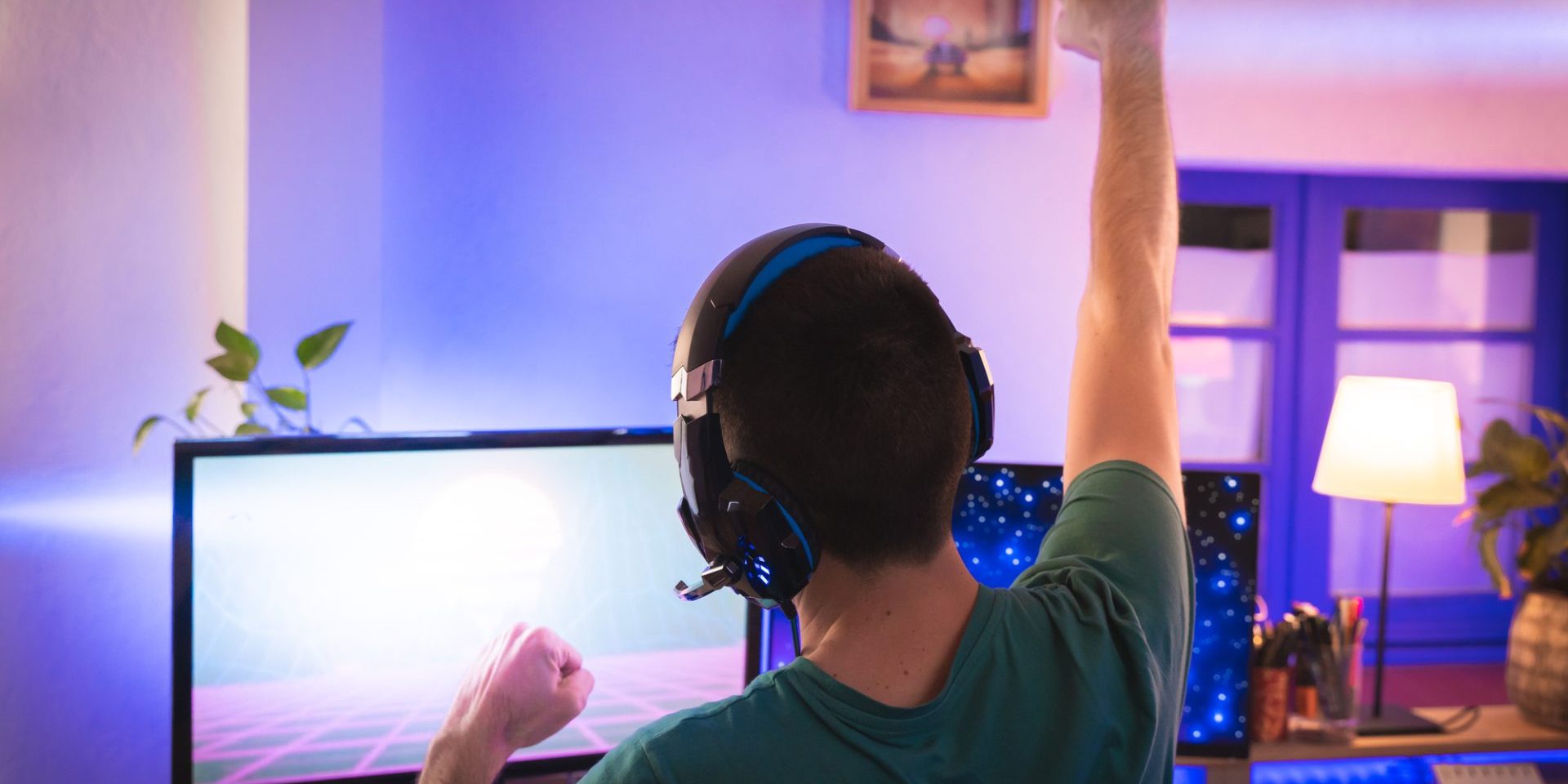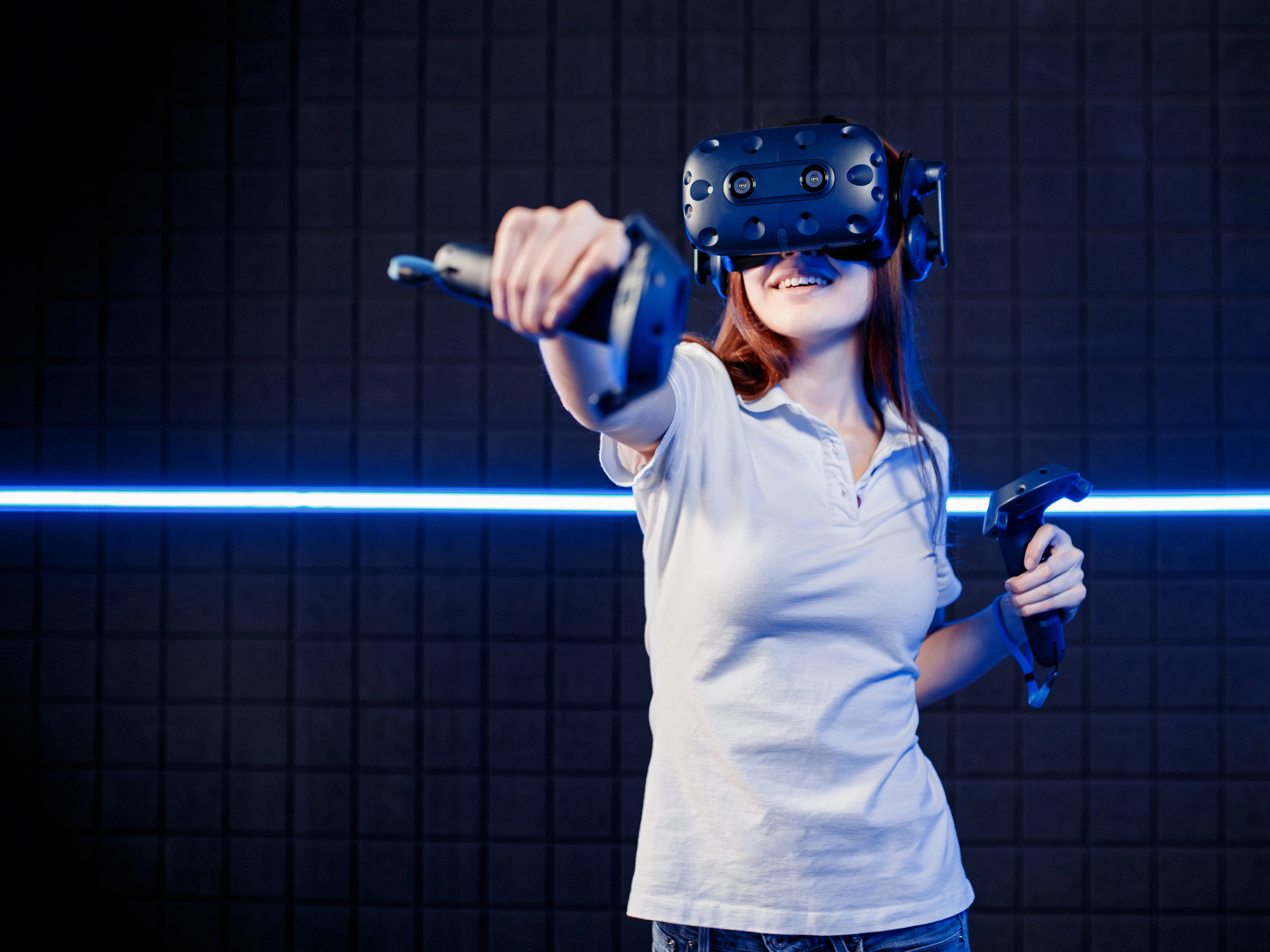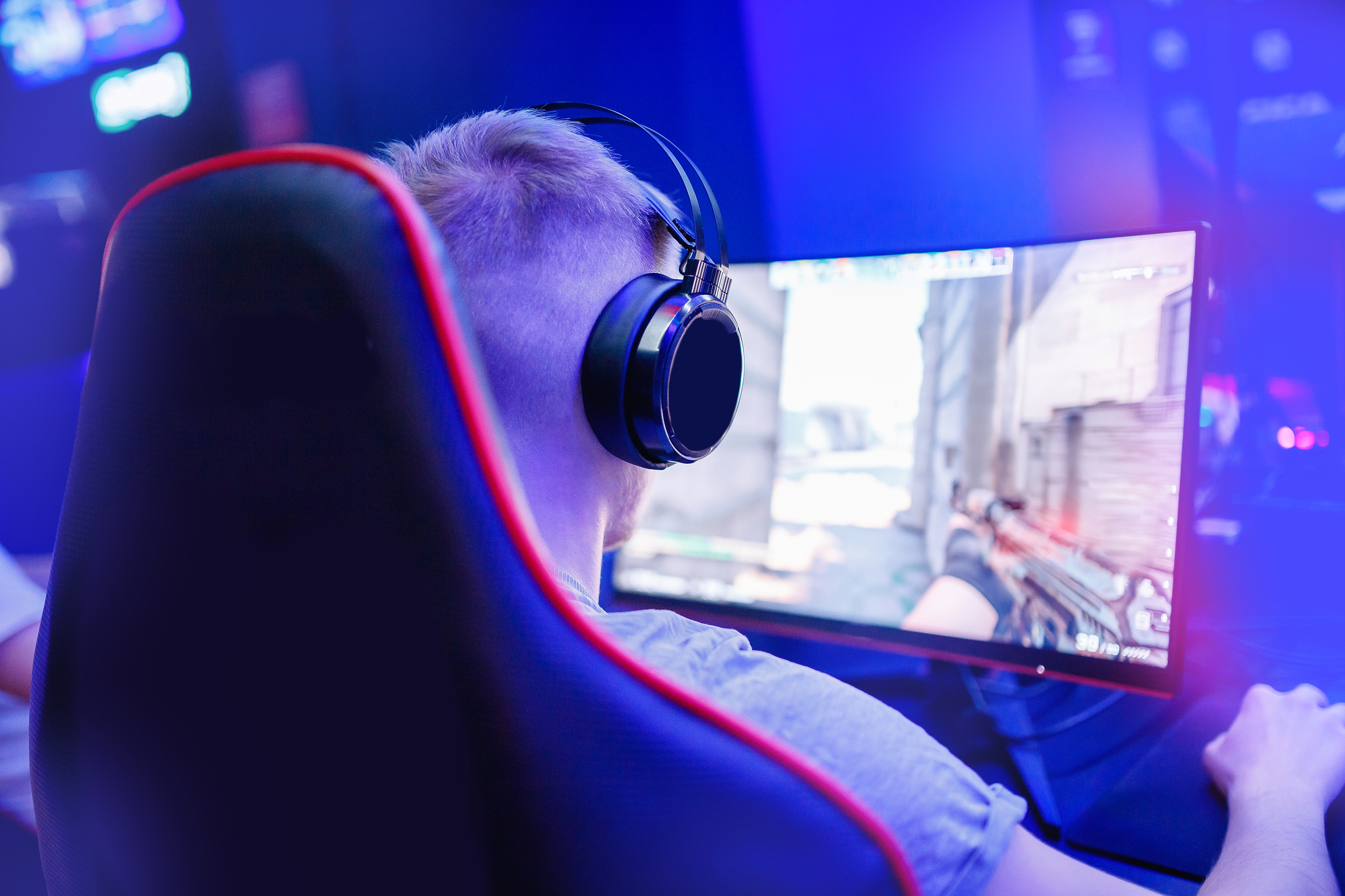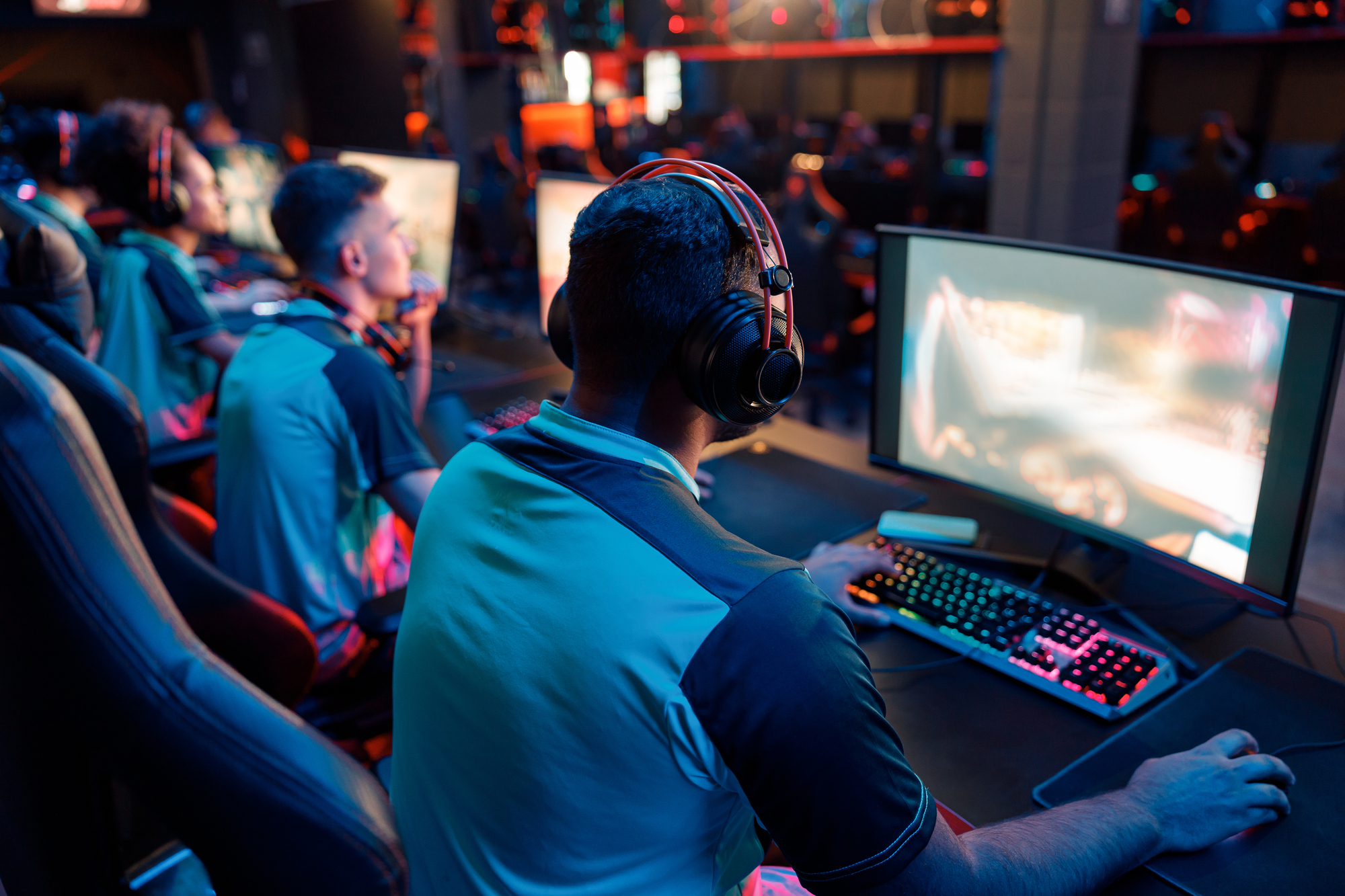Video games have emerged as a powerful tool for cognitive enhancement, particularly in the areas of attention and focus. Recent research indicates that playing action games can significantly improve visual selective activities, allowing players to concentrate on relevant visual information while filtering out distractions. Just one hour of gaming can increase the brain’s ability to focus, demonstrating the potential for video games to serve as effective cognitive training tools.
Gaming’s impact on the brain extends beyond attention and focus. Studies have shown benefits in visuospatial cognition, with players exhibiting improved abilities to mentally manipulate objects and navigate complex visual environments. While results for executive functions and memory are mixed, the positive effects on attention and visual processing are consistently observed across multiple studies.
These findings have implications beyond entertainment. Cognitive gaming platforms are now being developed to target specific brain functions, offering personalized training programs accessible online. As research continues to uncover the neuroplastic effects of gaming, it opens up new possibilities for enhancing cognitive abilities and maintaining brain health across different age groups.
Understanding Attention and Focus in the Brain
The brain’s capacity for attention and focus relies on complex neural networks and cognitive processes. These systems can be shaped through experience and training, with gaming serving as a potential tool for cognitive enhancement.
Cognitive Training and Brain Plasticity
Brain plasticity allows for neural adaptation in response to new experiences and learning. Gaming can act as a form of cognitive training, potentially altering brain structure and function. Studies have shown changes in gray matter volume and white matter connectivity in gamers’ brains, particularly in areas related to attention and visual processing.
Research indicates that action video games may improve visual attention and spatial cognition. Players often demonstrate enhanced ability to track multiple objects simultaneously and switch between tasks quickly. These skills appear to transfer to non-gaming contexts, suggesting broader cognitive benefits.
Long-term gaming exposure might lead to more efficient neural processing. Functional MRI studies have revealed that gamers often show less brain activation while performing attention-demanding tasks, indicating they may require fewer cognitive resources to achieve similar performance levels as non-gamers.
The Role of Executive Functions and Cognitive Control
Executive functions, including working memory, inhibitory control, and cognitive flexibility, play a crucial role in attention and focus. Gaming may influence these higher-order cognitive processes. Some studies suggest that certain types of games can improve working memory capacity and cognitive flexibility.
Strategic and puzzle games, in particular, often require players to hold multiple pieces of information in mind while planning future moves. This constant mental juggling may strengthen working memory networks in the prefrontal cortex.
Cognitive control, the ability to regulate thoughts and actions, is another key component of attention. Fast-paced games that require quick decision-making and response inhibition might enhance cognitive control mechanisms. Players must constantly update their mental models and suppress irrelevant information to succeed in dynamic gaming environments.
Brain imaging studies have shown increased activation in prefrontal areas associated with cognitive control in experienced gamers during attention tasks. This suggests that gaming might lead to more efficient engagement of these neural circuits.
The Impact of Video Gaming on Cognitive Abilities
Video gaming has significant effects on various cognitive functions. Research indicates that playing video games can enhance specific mental abilities and potentially serve as a tool for cognitive rehabilitation.
Enhancing Cognitive Skills through Gaming
Video games engage multiple cognitive processes simultaneously. Players must focus on visual information, make quick decisions, and update their working memory constantly. Studies show that regular gaming can improve spatial cognition, enhancing the ability to mentally manipulate objects and navigate complex environments.
Executive functions, such as task switching and inhibitory control, also benefit from video game play. Gamers often exhibit superior performance on tests measuring these skills compared to non-gamers.
Visual selective attention improves with gaming experience. Players become more adept at focusing on relevant information while ignoring distractions, a skill that transfers to real-world tasks.
Action Video Games and Their Unique Influence
Action video games have a particularly strong impact on cognitive abilities. These fast-paced games require rapid processing of visual information and quick decision-making.
Research demonstrates that action game players show enhanced perceptual decision-making skills. They process visual information faster and make more accurate choices in time-sensitive situations.
Action gaming also boosts visual acuity and contrast sensitivity. Players can distinguish subtle differences in shades and patterns more effectively, which can be beneficial in various real-world scenarios.
Spatial cognition improvements are pronounced in action game players. They display better mental rotation abilities and improved spatial resolution in visual processing.
Rehabilitation and Treatment: Serious Games
Serious games, designed for purposes beyond entertainment, show promise in cognitive rehabilitation and treatment. These games target specific cognitive functions to aid recovery or improvement.
For stroke patients, video game-based therapies can help restore motor functions and cognitive abilities. Games tailored to individual needs provide engaging and effective rehabilitation exercises.
Attention deficit disorders may benefit from serious games that train focus and impulse control. These games offer structured environments to practice attention skills.
Elderly individuals can use brain training games to maintain cognitive function. Regular gameplay may help slow age-related cognitive decline and improve quality of life.
The Societal and Developmental Effects of Gaming
Video games impact different age groups in distinct ways, shaping behavior, education, and physical health across generations.
Video Gaming in Adolescents: Behavior and Education
Video game playing among adolescents has both positive and negative effects on behavior and education. Research shows that gaming can improve problem-solving skills, spatial awareness, and multitasking abilities. These cognitive benefits often translate to better academic performance in subjects like math and science.
However, excessive gaming may lead to decreased school engagement and lower grades. Some studies link intense gaming habits to increased aggression and reduced empathy in teens. The key lies in balanced gameplay and parental guidance.
Video games also foster social connections, with many adolescents forming friendships through online multiplayer games. This social aspect can boost communication skills and teamwork, valuable traits for future educational and professional settings.
The Influence of Video Games on Older Adults
Contrary to popular belief, video games can benefit older adults’ cognitive functions and physical health. Brain-training games and puzzles help maintain mental sharpness, potentially slowing cognitive decline associated with aging.
Action games improve reaction times and decision-making speed in seniors. These skills can enhance daily life activities and reduce the risk of accidents. Additionally, motion-controlled games encourage physical activity, improving balance and coordination in older players.
Video games also combat social isolation among older adults. Online multiplayer games create opportunities for social interaction and community building. This social engagement can boost mood and overall well-being in senior players.
Research suggests that regular gaming may help older adults stay mentally active and engaged, potentially reducing the risk of depression and anxiety common in this age group.

